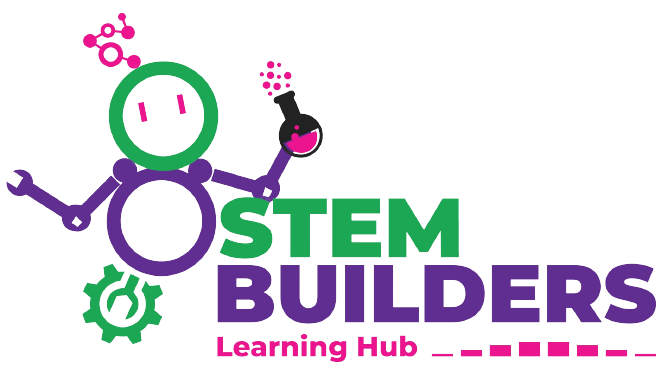CSEC Chemistry
The content of the course covers the general and specific objectives of the syllabus, including the School-Based Assessment (SBA) experiments/practical activities.
About Course
This course comprehensively covers the entire CSEC Chemistry syllabus and is available both online and in person.
We teach chemical concepts through inquiry-based strategies, and our lessons stimulate the student’s curiosity and facilitate critical thinking and problem-solving skills. This helps students view chemistry as a dynamic and exciting investigative process.
The content of the course covers the general and specific objectives of the syllabus, including the School-Based Assessment (SBA) experiments/practical activities.
Students have access to live sessions with an expert tutor, video-recorded lessons, fun activities, past-paper questions, PowerPoint presentations, weekly quizzes, free webinars, and more.
Course Content
Introductions
-
States of Matter
-
Mixtures and Separation
Topics
ATOMIC STRUCTURE
PERIODIC TABLE AND PERIODICITY
STRUCTURE AND BONDING
MOLE CONCEPT
ACIDS, BASES AND SALTS
OXIDATION – REDUCTION REACTIONS
ELECTROCHEMISTRY
RATES OF REACTION
ENERGETICS
SOURCES OF HYDROCARBON COMPOUNDS
ORGANIC CHEMISTRY – AN INTRODUCTION
REACTIONS OF CARBON COMPOUNDS
CHARACTERISTICS OF METALS
REACTIVITY AND EXTRACTION OF METALS
USES OF METALS
IMPACT OF METALS ON LIVING SYSTEMS AND THE ENVIRONMENT
NON-METALS
QUALITATIVE ANALYSIS
Student Ratings & Reviews





